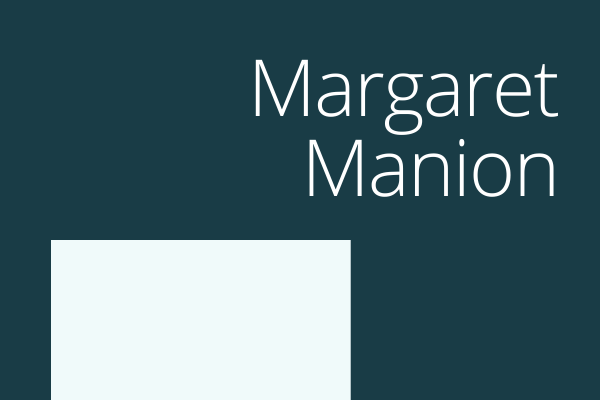Our Humanities Travelling Fellowships (HTF) enable early career researchers to undertake research domestically and overseas, including accessing archives and other research materials and connecting with international researchers and networks.
Recognising the ongoing restrictions to international travel and the continuing impact of COVID 19 on researchers, this year’s round of the HTFs featured an expanded list of eligible expenses including domestic travel, domestic and international research assistance, ordering and scanning archival and/or source material and carer’s duties; including expenses for child care to enable parents to conduct research.
The successful applicants will undertake a range of projects that address issues of national significance including a study of the impact of the digital divide on regional Australia, a collaborative and interdisciplinary research project on the intersection of philosophy and bioengineering, and a study of the use and abuse of pandemic narratives in the era of COVID-19.
Chair of the Awards Committee Professor Deirdre Coleman FAHA congratulated this year’s Fellowship recipients, and noted the importance of investment in the next-generation leaders of Australia’s humanities community, particularly in times of upheaval.
“This year has continued to present many challenges throughout the humanities community and higher education in Australia. Early career humanities researchers are especially vulnerable when it comes to the general uncertainty surrounding future planning. Grants and awards programs, like ours and others, seek to provide much sought-after support to ensure Australia’s humanities research continues to thrive” she said.
We congratulate the following HTF and David Philips Travelling Fellowship recipients and are proud to support their projects:
Humanities Travelling Fellowships
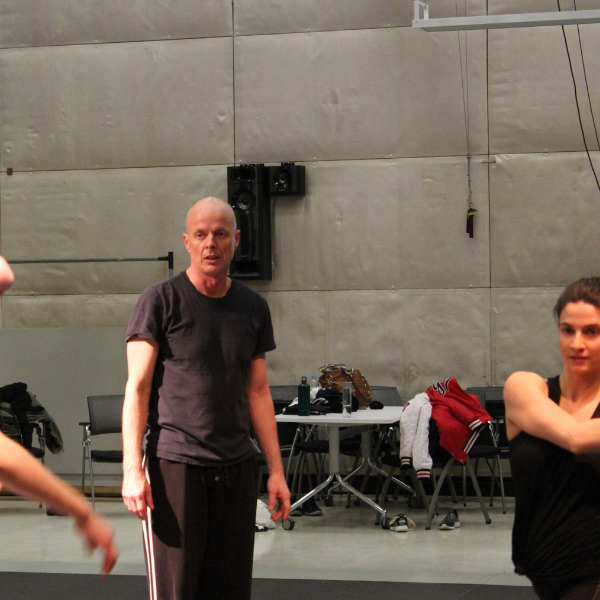
Dr Jon Burtt
Circus for Social Change: Social Circus in Action.
Macquarie University
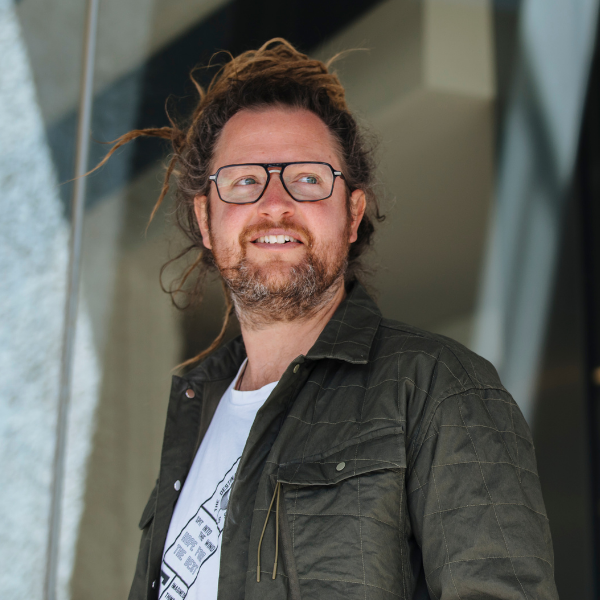
Dr Chris Cottrell
Fieldwork and Residency at Reversible Destiny Lofts, Tokyo, Japan.
Monash University
Instagram: @architecturaljudo
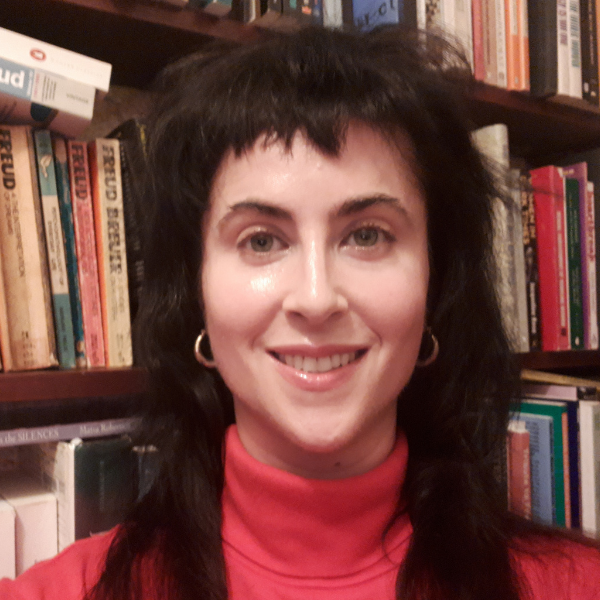
Dr Jacqueline Dalziell
Bioengineering Placentas: Feminist Philosophy and Technoscience.
Macquarie University
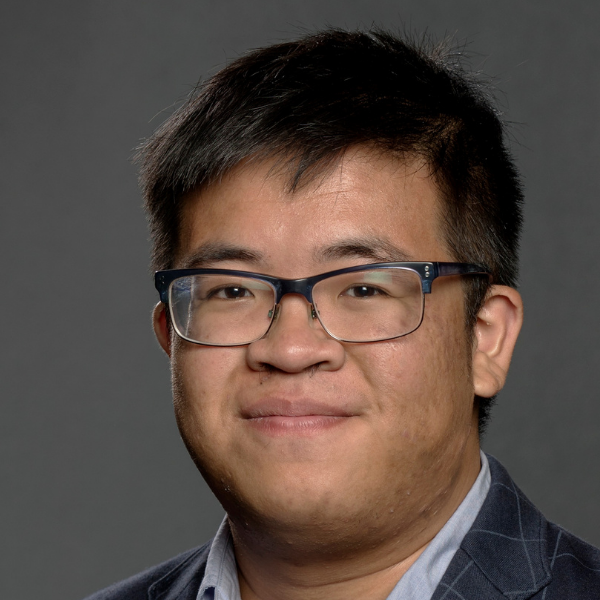
Dr Bernard Keo
From Public Menace to Michelin Star: The Evolution of Hawker Culture in Malaysia and Singapore.
Monash University

Dr Frederic Kiernan
The Figure of Jan Dismas Zelenka (1679-1745) in Czech and German Musical-cultural History.
Melbourne Conservatorium of Music

Dr Natalie Lazaroo
The Community Theatre Project in Singapore: Exploring the Role of Drama in Building Cultural Citizenship and Democracy Among Disadvantaged Young People and Their Communities.
University of Queensland
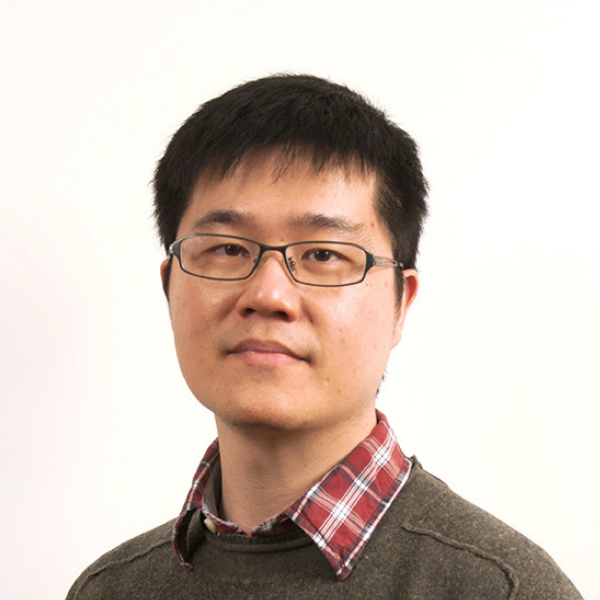
Dr Sheng-Hsun Lee
Communicating COVID-19 in Australia and Taiwan: How Pandemic Narratives are Used and Abused.
University of Queensland
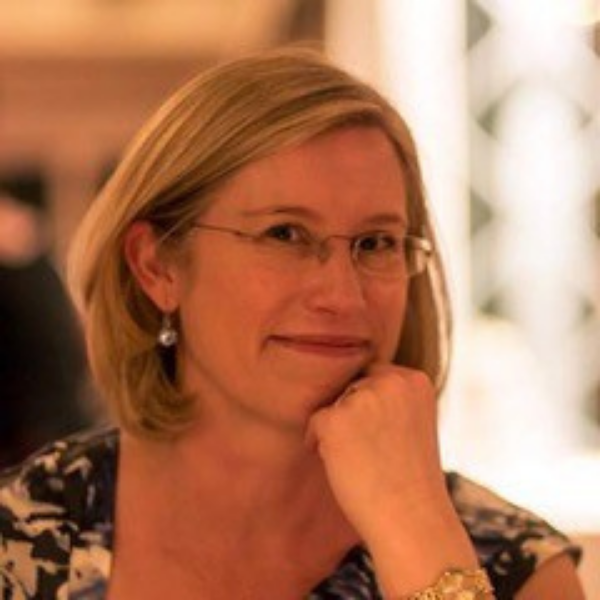
Dr Jennifer McLaren
Ireland and the British Caribbean: Engaging with Empire in the Age of Revolutions.
Macquarie University
Twitter: @McLarenJen
Instagram: @historianjen
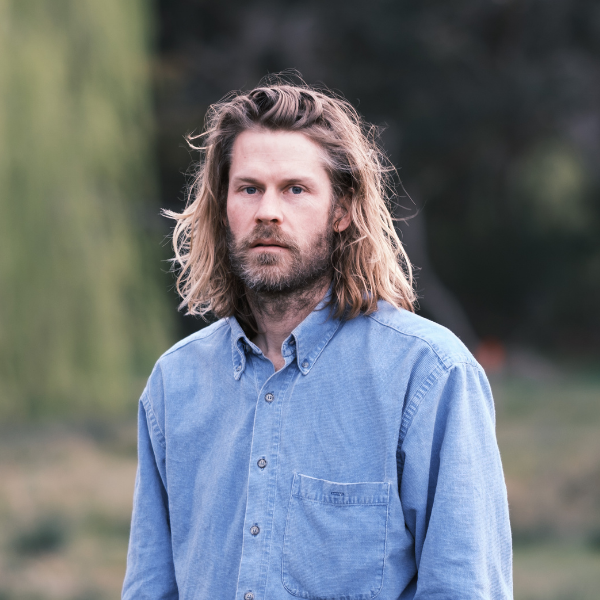
Dr N.A.J. Taylor
Cataloguing and Archiving the Atomic Photographers Guild: “The Robert Del Tredici Archiving Initiative.
Deakin University
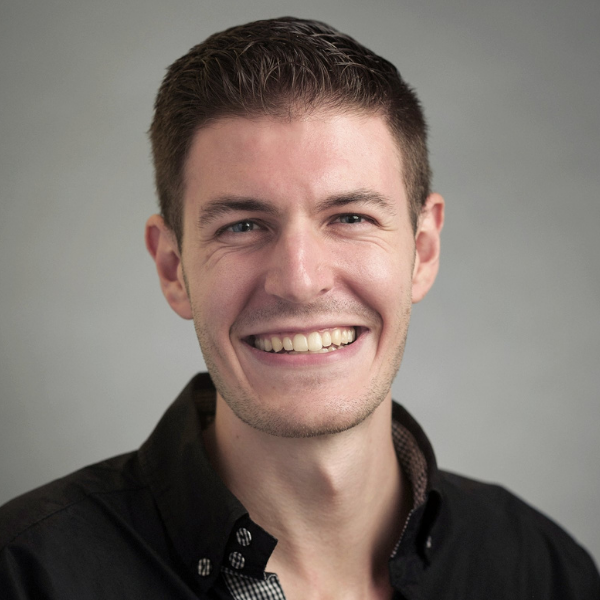
Dr T.J Thomson
An Ethnographic Study into Casualisation, Centralisation, and Crowdsourced Journalism in a Remote Outback Town.
Queensland University of Technology
Twitter: @Cenevox
Instagram: @cenevox
LinkedIn: linkedin.com/in/cenevox/
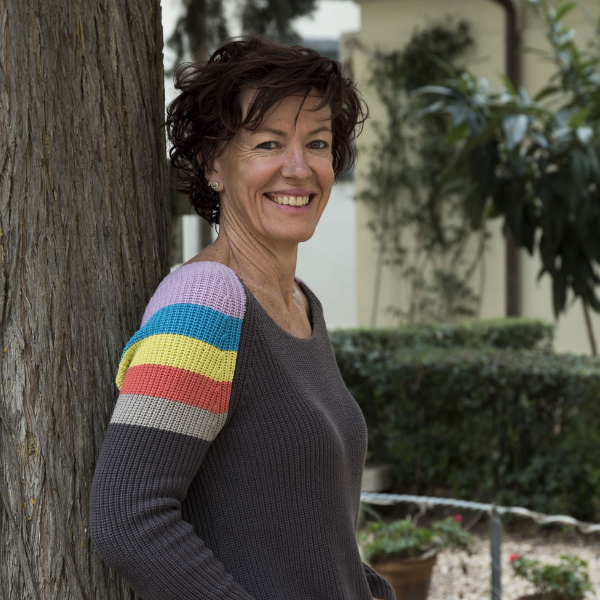
Dr Janet Wade
In the footsteps of Thomas Ashby and his companions: the destruction (and preservation) of Italy’s ancient Roman roads, 100 years on.
Macquarie University
Twitter: @JanJanAnessi
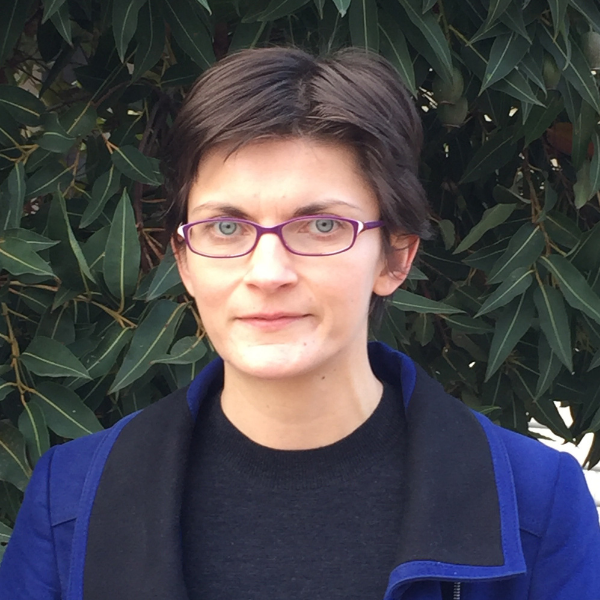
Dr Kate Warren
Writing a popular historiography of art in Australia.
The Australian National University
David Philips Travelling Fellowship

Dr Tets Kimura
The David Philips Travelling Fellowship – for projects that contribute to the advancement of knowledge of racial, religious or ethnic prejudice – was awarded this year to Dr Tets Kimura of Flinders University. Dr Kimura will travel to Japan to undertake research on Japanese war art and craft works to further investigate complicating narratives of fear, violence, and misunderstanding, and enrich the history of WWII from individual viewpoints that were expressed in art.


